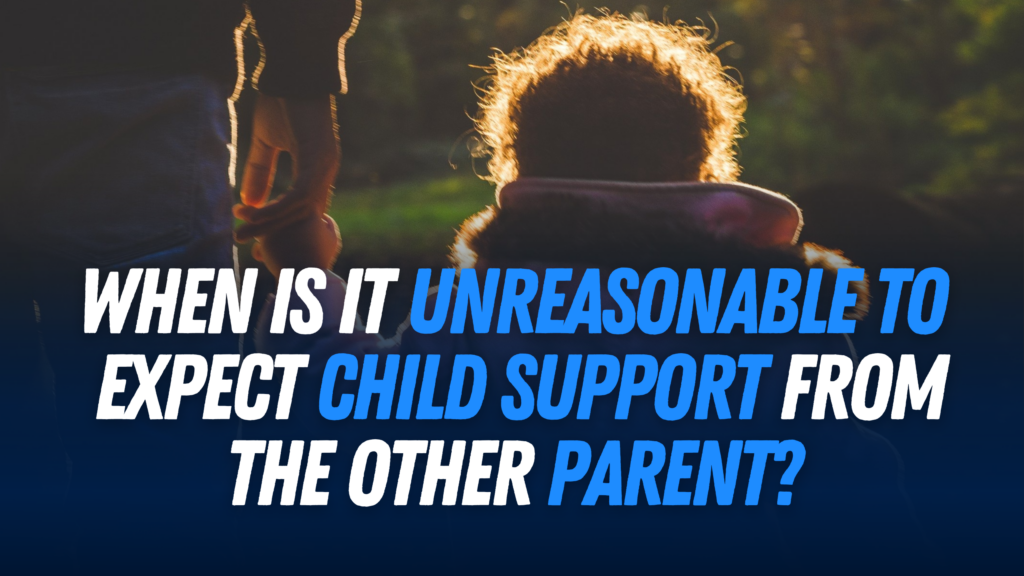
Puberty is a significant milestone in every child’s life, and it can be a challenging and confusing time for both boys and girls. As a dad, it is essential to have open and honest conversations with your kid(s) about puberty to help them navigate this period of physical and emotional changes.
Here are a few tips on how you can talk to your kid(s) about puberty:
1. Start early: It’s never too early to start discussing puberty with your children. Begin the conversation when they are young, around the age of 8 or 9, so they have time to absorb the information gradually. This will also help normalize the topic and make it easier for them to approach you with any questions or concerns later on.
2. Create a safe and comfortable environment: Find a quiet and private space where you and your child can have an open conversation without distractions. Make sure they feel comfortable and reassured that they can ask any questions without judgment or embarrassment.
3. Use age-appropriate language: Tailor your language and explanations to suit your child’s age and level of understanding. Use simple and clear terms to explain the physical changes that occur during puberty, such as the growth of body hair, changes in voice, and the development of breasts or testicles.
4. Be prepared for questions: Your child may have many questions about puberty, so be prepared to answer them honestly and accurately. If you don’t know the answer to a question, it’s okay to admit it and offer to find the information together. This can also be an opportunity to teach your child about reliable sources of information, such as books or reputable websites.
5. Discuss emotional changes: Puberty not only brings physical changes but also emotional and psychological changes. Talk to your child about mood swings, increased sensitivity, and the importance of self-care during this time. Encourage them to express their feelings and let them know that it is normal to experience a range of emotions.
6. Address hygiene and self-care: Puberty often comes with increased body odor and the need for personal hygiene. Discuss the importance of regular bathing, using deodorant, and taking care of their changing bodies. Teach them about proper skincare routines and the importance of maintaining good oral hygiene.
7. Be a supportive listener: Puberty can be a confusing and sometimes overwhelming time for children. Be a supportive listener and let your child know that you are there for them. Encourage open communication and let them know that they can come to you with any concerns or questions, no matter how big or small.
8. Normalize differences: Puberty affects each child differently, and it’s important to emphasize that everyone develops at their own pace. Discuss the concept of individual differences and help your child understand that there is no “normal” or “right” way to go through puberty.
9. Use resources: There are many books, websites, and educational materials available that can help facilitate conversations about puberty. Consider using these resources as tools to supplement your discussions and provide additional information.
10. Maintain ongoing conversations: Puberty is not a one-time conversation but an ongoing process. Keep the lines of communication open and check in with your child regularly to see how they are feeling and if they have any new questions or concerns. Let them know that you are always available to talk.



